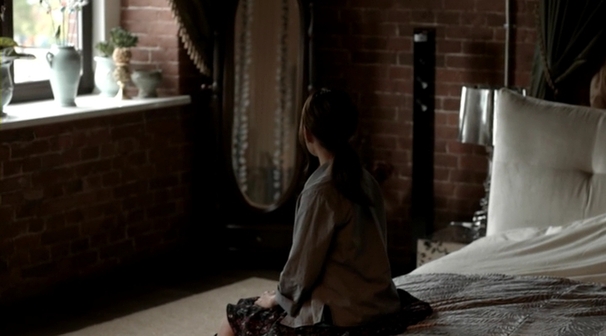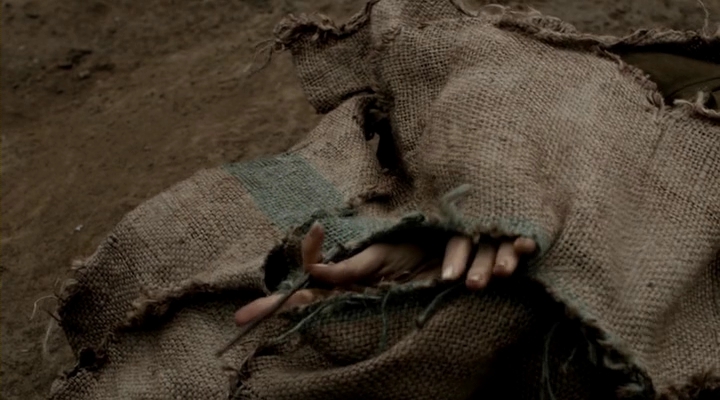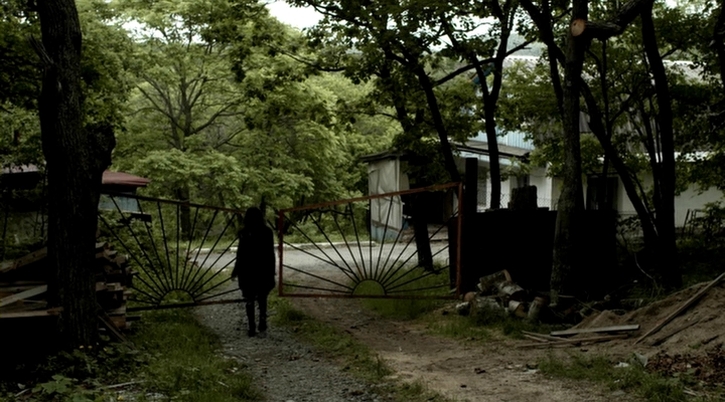 After an encounter with a man in Tokyo leaves her infatuated, Akiko, a young, naive woman, travels to Vladivostok, Russia in order to find the man she is simply unable to forget. Even though she is able to find him, Matsunaga does not remember meeting Akiko, telling her to not trust anyone in a foreign country she knows little about. Still unable to break free of her obsession with Matsunaga, she tracks him down again where she is attacked by some form of Mafia and thrown out in the middle of nowhere with no money or passport. Kiyoshi Kurosawa's Seventh Code is one of the filmmakers most trivial films, though it does have some qualities of merit. Seventh Code is a film in which Kurosawa attempts to capture youthful exuberance as it pertains to young people's desires to reach for their dreams and/or change the world. It's a strange, slight film when all is said and done, but Seventh Code is an interesting experiment on tone and genre too. Seventh Code is a film that dances between the lines of absurdist comedy, and dangerous mystery, creating a strange film that almost feels like a lesson for teenagers. It's about persistence and this youthful exuberance of hope but it also creates a pretty intense cautionary tale centered around the notion that people are not always what they appear to be. Like all of Kurosawa's films, Seventh Code is a visually impressive film, with great use of lighting and composition that effectively create a sense of isolation, loneliness, and determination, perfectly capturing the main protagonist's emotions. Kiyoshi Kurosawa's Seventh Code is a slight, odd-experience that is far from one of the director's more impressive works but to say it has little merit would be unfair as well.
0 Comments
Leave a Reply. |
AuthorLove of all things cinema brought me here. Archives
June 2023
|



 RSS Feed
RSS Feed
